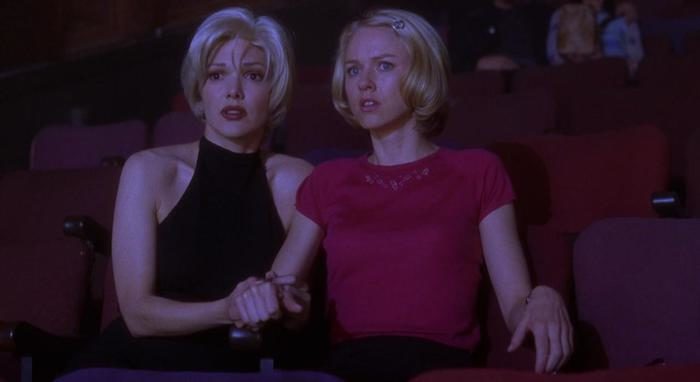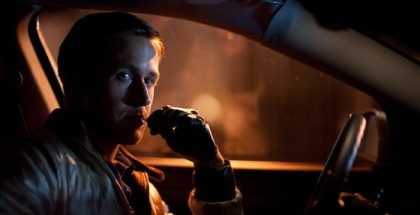Mulholland Drive: Like mainlining someone else’s nightmare
Review Overview
What the hell is going on?
10Why are those old people laughing?
10I feel scared. Hold me.
10Ian Winterton | On 15, Apr 2017
Director: David Lynch
Cast: Naomi Watts, Laura Harring, Justin Theroux
Certificate: 15
“A woman in search of stardom. A woman in search of herself – in the city of dreams. A key to a mystery – lies somewhere on Mulholland Drive.”
So went the tagline to David Lynch’s 2001 masterpiece, appropriately saying everything and nothing. Mulholland Drive, it is fair to say, is one of David Lynch’s most puzzling films, which, coming from the man behind Eraserhead and Lost Highway, is saying something.
Originating as a TV pilot to follow up Lynch’s global smash, Twin Peaks, the vagaries of studio financing and commissioning saw Mulholland Drive mutate into a standalone movie. That nothing in it stands up to close scrutiny is, for its fans, the key to its success. Ostensibly a neo-noir tale of a wannabe actress (Naomi Watts, outstanding in the role that broke her into the mainstream) whose LA adventure goes wrong fast, it sees her mixed up in the life and the bedsheets of older, failed actress Irene (Laura Harring).
There isn’t really a plot, and it’s actually impossible to tell for sure what is going on, when and in what order. “Have you done this before?” breathes Watts, as she kisses Harring in the movie’s notoriously steamy love scene. “I don’t know,” she replies. “Have you?” They are, or at least they could be, talking about more than just lesbian sex.
Why Mulholland Drive endures is because it offers no meaning, defying Western story-telling structure, which is either exhilarating or maddening, or possibly both simultaneously. What’s important to Lynch here, even more so than in any of his other movies, is mood and atmosphere. Exquisite scene is laced upon exquisite scene: dark and seedy nightscapes, sexy tristes in bars and bedrooms, bizarre dance routines and some truly unsettling depictions of malevolence – the scary hobo and the quasi-satanic old couple with the strange blue box will never leave your head.
Lynch’s trick – let’s say for the sake of argument that he intended this – is to present an audience with what seems like a story but isn’t. As our brains try to grasp for connections that aren’t quite there, it heightens our sense of disquiet and makes the surreal juxtapositions take on a genuinely hallucinatory quality; it’s not too much of an exaggeration to say that your mind will feel altered for several hours afterwards.
Disturbing, unsettling and, despite everything, darkly hilarious, it’s like mainlining someone else’s nightmare. In a good way. Mulholland Drive, for those open to it, remains life-changingly brilliant.

















